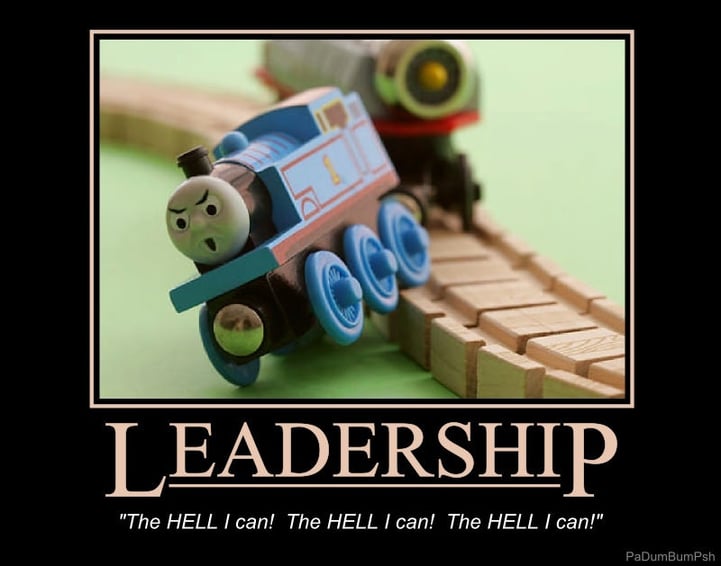
Coaching with you is a wonderful experience, right?
We all want to believe our coaching is impactful and enlightening, even fun. But what if it isn't? Would your clients even tell you?
I'm asking because one of my advanced students recently mentioned in class that she terminated a coaching relationship with a well-qualified coach because every week, she dreaded her coaching sessions. There could be any number of reasons why a coaching client might dread their next session, some of them good. But every week? Not good.
Dread is a powerfully negative emotion. What was going on here?
5 Reasons your clients might dread your coaching sessions:
- You're a master coach who gives your clients big problems. Great coaches aren't afraid to challenge their clients, especially the clients who are committed to being their best. Thing is, if you do this too much it can be painfully overwhelming. Even clients can burn out. Balance big challenges with sessions where you help clients integrate what they've learned, appreciate their new growth, and feel like they are winning. That's masterful.
- You're a sledgehammer coach. Some clients will ask you to give them a kick in the pants when they don't perform. This is always unpleasant and rarely effective. Do tell your clients the truth, even when it's less than they'd hoped. But don't be mean. There are communication skills that will help you say anything to your client without wielding a hammer.
- You are nosy and rude. Clients will tell you anything if you know how to ask. But if you don't know how, things get super awkward. Fast. And if you don't ask, that could stunt their progress. Do ask, but don't be rude. Get permission.
- You coach like a boss. Or a parent. If you tell your clients what to do, they will react like teenagers and resist. They won't like it and neither will you. Don't be bossy. Learn to talk to your clients like the independent fully-functioning adults they are. Treat them with respect, even awe, and they will look forward to their sessions.
- You're a cookie-cutter coach. Some coaching schools will teach you to coach with a template, or a formula, or by the numbers. Your clients are smarter than that. They are also unique, which is why no one approach to coaching is always effective. Unfortunately, some coaches spend the time and money to learn a multitude of skills but, for whatever reason, they reduce what they've learned to a cookie-cutter. That's what my advanced student experienced with the coach whose coaching sessions she dreaded. The coach asked the same kinds of questions, in the same order, week after week. There was no customization, no surprises, no growth. Why would a coach do that? Were they lazy, distracted, intimidated by the client? Regardless, the client deserved more. Following the same pattern every week will drive any client away. That's why you need to learn all the skills and practice them until you can throw them away and just focus on what they client needs, moment to moment. To paraphrase jazz great, Charlie Parker, "Master yourself; master the skills; then forget all that and just coach."
What to do about this? Do what every great coach does constantly: Ask your clients. Check in with them at regular intervals, such as once per month, and find out what's working and what isn't. Make it safe and rewarding for them to tell you the truth. Then make the changes needed so your coaching is fun and effective. Or refresh your training with new skills. That's mastery.
Could your coaching use an upgrade? School of Coaching Mastery is one of the few, perhaps the only, coaching schools that offers advanced training in positive psychology coaching.
The coach who is constantly learning keeps their coaching fresh.








